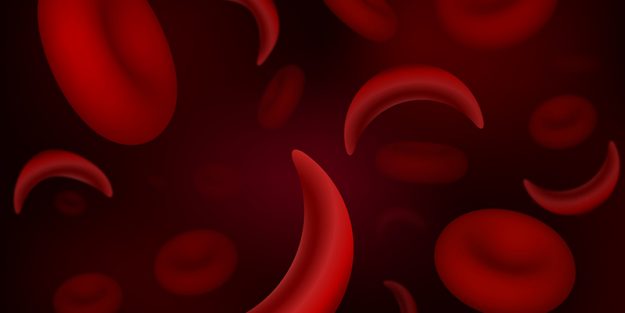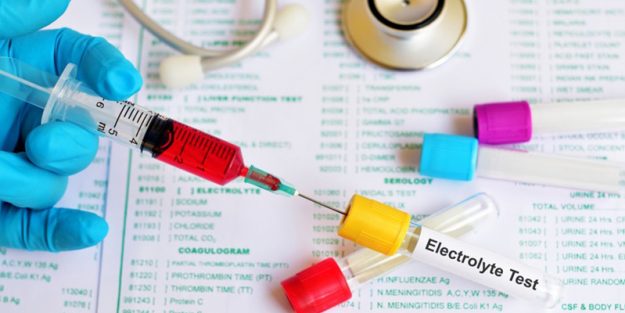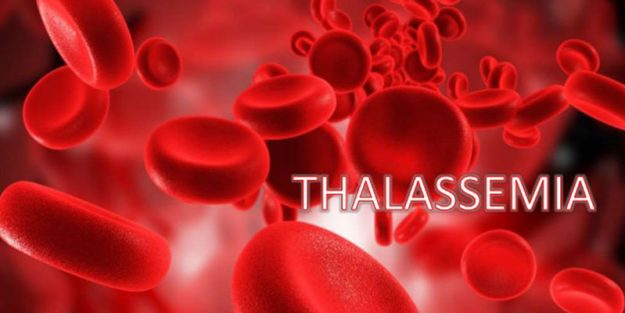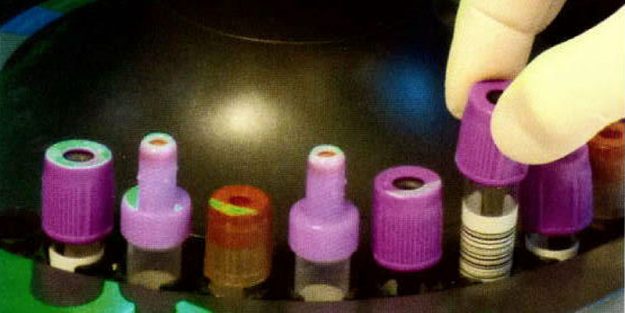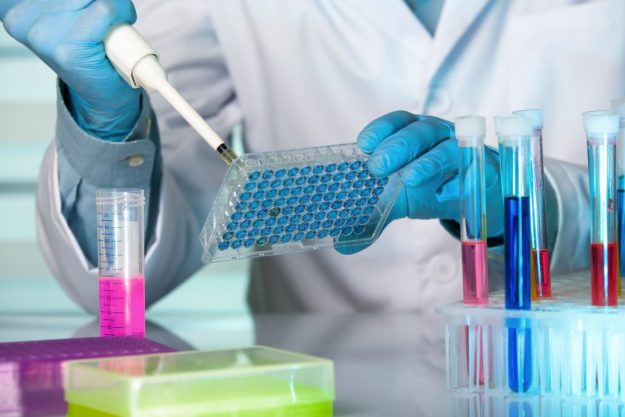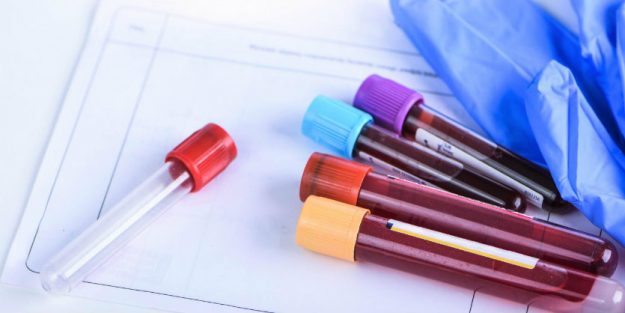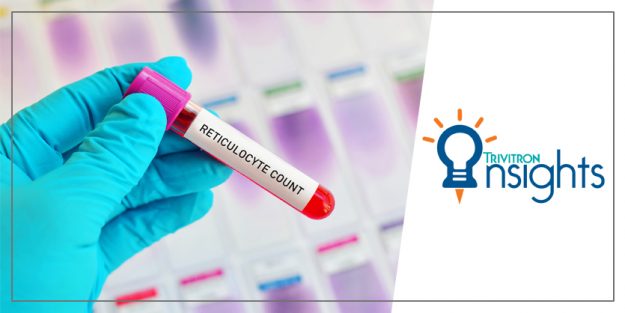Digging deeper into the Sickle Cell Disease
Sickle cell disease is a group of hereditary disorders of the red blood cell. People suffering from sickle cell disease have an unusual protein in their RBCs. In this disease, the red blood cells are not shaped as they should be. Normally, RBCs look like round discs, but in sickle cell disease, they’re shaped like…

